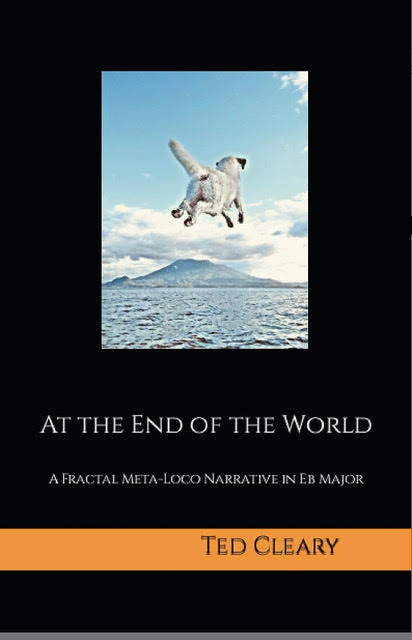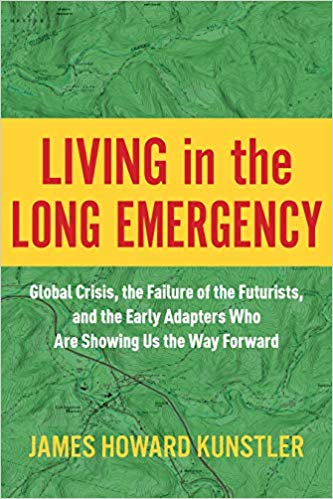Tag Archives: Architecture
KunstlerCast #89: Everyday Architecture
Read More
Comments Off on KunstlerCast #89: Everyday Architecture
KunstlerCast #86: The High Line (NYC)
Read More
Comments Off on KunstlerCast #86: The High Line (NYC)
KunstlerCast #85: Is NYC The Green Metropolis?
Read More
Comments Off on KunstlerCast #85: Is NYC The Green Metropolis?
KunstlerCast #68: Historic Preservation
Read More
Comments Off on KunstlerCast #68: Historic Preservation
KunstlerCast #56: Virtual Walking Tour of Paris
Read More
Comments Off on KunstlerCast #56: Virtual Walking Tour of Paris
KunstlerCast #53: Incomprehensible Buildings
Read More
Comments Off on KunstlerCast #53: Incomprehensible Buildings





 JHK’s Three-Act Play
JHK’s Three-Act Play






